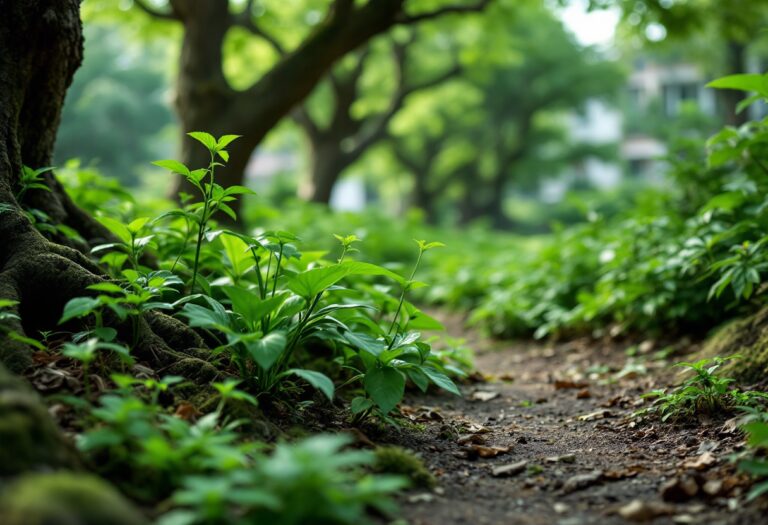Community objections highlight the importance of protecting local wildlife and trees.

Topics covered
In a significant decision reflecting the growing emphasis on environmental conservation, a proposed housing development in Inverness has been rejected due to concerns over local biodiversity and the preservation of mature trees. The application, submitted by Hugh Barron, sought to construct a three-bedroom house within the garden of his family home.
However, the proposal faced strong opposition from local residents and council planners alike.
Community objections raise biodiversity issues
The Aultnaskiach cul-de-sac community expressed their apprehensions regarding the potential impact of the proposed construction on local wildlife and tree populations.
Sean Richmond, representing nine other residents, articulated that the development would result in a “demonstrable loss of biodiversity.” This sentiment was echoed by other neighbors, including Donnie and Katy Martin, who highlighted concerns about the root systems of nearby protected trees being compromised by the construction activities.
Applicant’s defense and environmental commitments
In response to the objections, Mr. Barron, a retired geoscientist with deep family ties to the area, attempted to address the community’s concerns. He assured that any remaining trees would be safeguarded during the construction process. Furthermore, he defended the prior removal of four trees from the site, citing reasons such as disease and structural damage. Mr. Barron also committed to planting six new trees and establishing hedges to enhance local biodiversity, emphasizing his family’s long-standing dedication to environmental preservation.
Council’s stance on tree protection
The Inverness council’s Planning Review Body took a firm stance on the matter, with Councillor Margaret Paterson expressing her concerns about the irreversible damage to the local tree population. She noted that it takes years for new trees to reach maturity, and the loss of existing trees would have a lasting impact on the ecosystem. Councillor Paul Oldham echoed these sentiments, stressing the importance of considering the broader implications of the development on the surrounding natural environment.
Ultimately, the committee sided with planning officers, concluding that the proposed development could not proceed without causing harm to the remaining trees and a significant loss of biodiversity. This decision underscores the increasing recognition of the need to balance development with environmental stewardship, particularly in areas rich in natural resources.
As communities continue to grapple with the challenges of urbanization and environmental conservation, this case serves as a reminder of the vital role that local voices play in shaping development policies. The rejection of Mr. Barron’s proposal highlights the importance of protecting our natural heritage for future generations.




